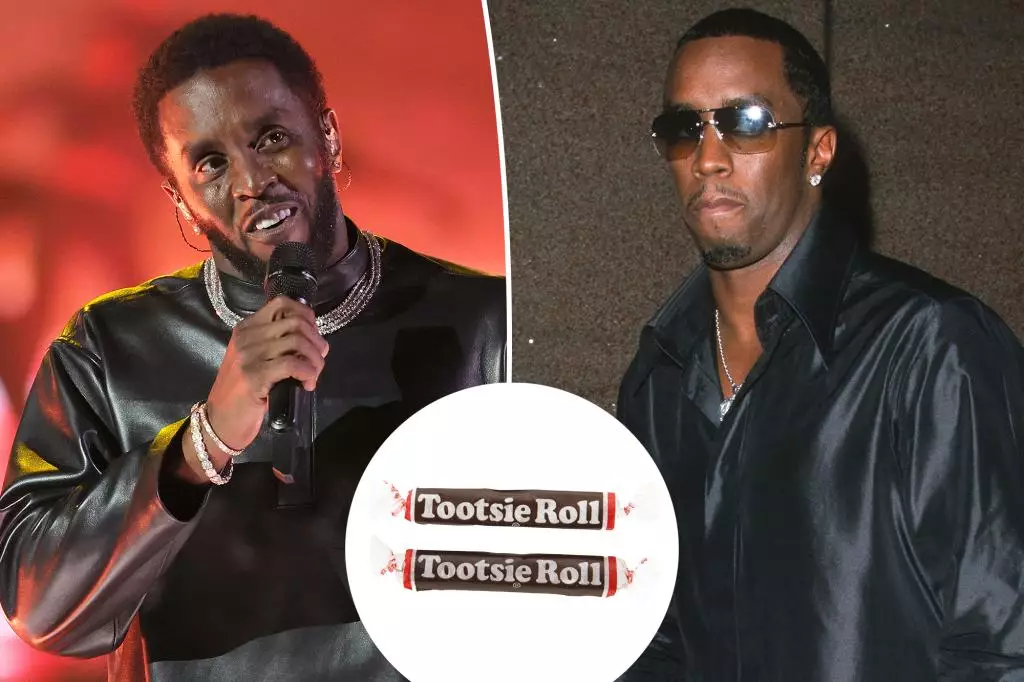In a shocking turn of events, Sean “Diddy” Combs, the renowned music mogul and entrepreneur, finds himself embroiled in a devastating accusation that threatens to tarnish his legacy. A woman identified only as Jane Doe has filed a lawsuit claiming that Combs raped her over two decades ago. The lawsuit details a disturbing narrative of an encounter gone wrong, raising crucial questions about consent, power dynamics, and the obligations of public figures in the face of serious allegations.
Filed recently, the lawsuit recounts the initial meetings between Jane Doe and Combs, where they socialized at nightclubs and his New York City recording studio. While their interaction seemed innocent at first, the situation took a sinister turn. The alleged incident occurred in July 2001 when Combs reportedly lured the woman to his apartment after a night out. What she thought could be a pleasant continuation of their budding friendship quickly devolved into a nightmare.
Details That Shock
The details within the lawsuit are shocking yet specific. Allegedly, upon entering his private space, Combs exhibited controlling behavior—locking her in a bedroom and using a physical grip to subdue her. His language was equally alarming, suggesting a psychosexual dynamic not only infused with aggression but also brimming with power. His declaration of intent, “I’m going to suck the life out of you,” exacerbated the tension and fear of the moment, leaving no room for ambiguity about his actions and mindset.
What follows next in Jane Doe’s account is both graphic and troubling. She describes Combs revealing himself, likening his genitalia to that of a “Tootsie Roll.” This peculiar level of detail might seem trivial at first, but it reflects the complexities of how victims recount traumatic events. Her reaction, a mix of relief intertwined with horror, emphasizes the profoundly disturbing juxtaposition of physicality and force. The moment escalated yet further; Jane claims that despite her protests, Combs proceeded to violate her consent, claiming he overpowered her physically.
The Aftermath: Trauma and Healing
The fallout from the incident extends far beyond the confines of that night. Jane Doe claims that she was deeply affected, seeking psychotherapy to cope with the trauma inflicted upon her. Her journey of healing is a blot on the systemic issues surrounding sexual assault, highlighting the long-lasting consequences victims endure long after the event. The psychological scars resulting from such trauma often manifest in multifaceted struggles, affecting relationships, self-esteem, and for some, professional lives as well.
The lawsuit exposes a landscape fraught with emotional turmoil resulting from sexual violence, drawing a stark contrast to how society often dismisses survivors. Jane’s decision to bring forth this lawsuit, even as an anonymous plaintiff, embodies a courageous act against a multifaceted issue—raising awareness of the complexities and emotional fallout that accompany such violations.
The Broader Implications of Power and Accountability
This case is not just a personal battle for Jane Doe; it symbolizes a broader cultural reckoning with issues of power and accountability among celebrities. Public figures wield enormous influence, and with that comes a level of scrutiny that requires them to navigate their conduct carefully. Combs’ public persona as a prolific figure in the music industry makes these allegations even more significant, opening discussions about the implications of fame on behavior and morality.
While Diddy’s representatives have vehemently denied these allegations, insisting that he has never sexually assaulted anyone, there remains a palpable tension in these proclamations. The dichotomy between his public image and the allegations poses unsettling questions regarding celebrity culture, privilege, and accountability. It highlights the persistent struggle for victims of sexual violence to be heard, respected, and believed in a world increasingly willing to amplify their voices.
Jane Doe’s accusations against Sean Combs give rise to an array of critical conversations about consent, power, and the often-painful path to healing that survivors tread. As this case unfolds, the layers of complexity it brings into the public arena provoke essential dialogues about the responsibilities of public figures in handling power dynamics and the urgent need to address the trauma faced by victims of sexual violence.

